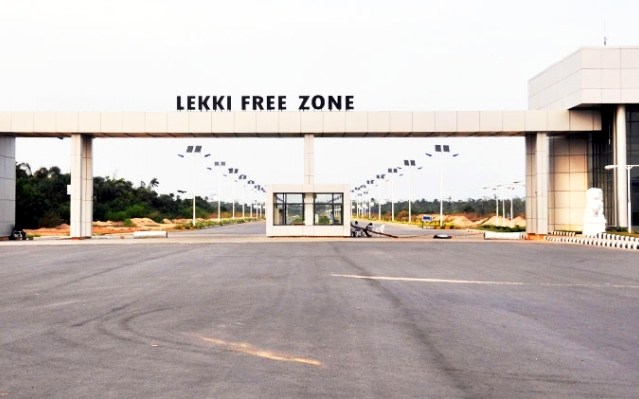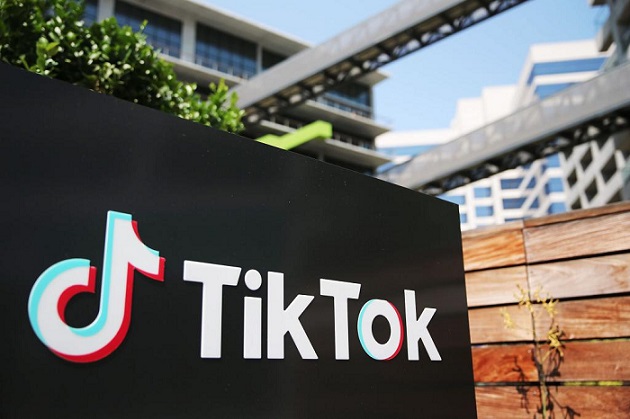The federal ministry of agriculture and food security (FMAFS) has launched a farmer registry to link farmers to farmlands and facilitate targeted government support.
The national Identity Number (NIN)-backed registry was launched in collaboration with the National Identity Management Commission (NIMC), according to a joint statement by Joel Oruche, director of information at FMAFS, and Kayode Adegoke, head of corporate communications at NIMC.
The agencies said the registry is designed to improve transparency and efficiency in the delivery of agricultural services under President Bola Tinubu’s renewed hope agenda, which prioritises food security.
It is understood that the FMAFS aims to leverage NIN-linked biometric data to create a comprehensive database of farmers and their farmland details, including size, type of crops, and livestock.
Advertisement
The NIN-backed registry, according to the statement, will be connected to the government-to-people (G2P) card, an innovative biometric card system, which allows farmers to access targeted and ring-fenced government aid.
“The G2P card ecosystem is an initiative that allows for the issuance of NIN-enabled cards by Federal Ministries, Departments and Agencies (MDAs), and enables the use of the card’s frontend by these MDAs for their respective programmes,” the statement reads.
“The key feature of the ecosystem is a biometrics card with multiple wallets that can provide verifiable identification and also process transactions without internet connectivity, allowing the ministry to support beneficiaries in the most remote locations.
Advertisement
“The card is unique to each citizen, and every Nigerian and legal resident is eligible to obtain it, banked or unbanked. The G2P card will be owned by and personalised to each MDA that adopts its usage.”
‘G2P CARD WILL HELP MINIMISE RISKS’
The statement said with the adoption of the G2P card, FMAFS can uniquely identify all farmers, deliver various agricultural services securely, minimise risks and fraud, and achieve comprehensive visibility across the agriculture value chain, thereby enabling scalability.
The organisations said financing, distribution of inputs, farmland mapping linked to identity, monitoring and evaluation of extension services, agency banking, and a variety of third-party services will be provided through the card.
Advertisement
The NIMC is expected to provide the foundational identity ecosystem required for the project, while FMAFS will oversee the farmer registry and administer the G2P cards at national and sub-national levels.
“The G2P card has a large capacity in-card chip that stores beneficiary identity, knows your customer (KYC), picture, and fingerprints,” the statement added.
“In addition, it has two applets and several wallets dedicated to multiple types of programmes, which provides needed flexibility and channels for multiple interventions to be implemented against the same unique identity.
“This flexibility is required to address infrastructure challenges limiting identity verification and digital evidence of beneficiary access when implementing government programmes.
Advertisement
“The G2P biometric cards are processed through a bespoke but interoperable biometrics Point of Sale (POS) acceptance device, which requires biometrics to access and operate.
“This technological approach allows the Ministry to better deliver services and programmes in any location regardless of infrastructure challenges. The card will operate as a digital wallet/ prepaid card and it is tailored for government transactions such as subsidies, loans, welfare disbursement, pensions and other activities carried out by FMAFS.
Advertisement
“NIMC’s role is to provide the ecosystem with foundational biometric identity in the NIN to ensure that the card and its attendant benefits are linked securely and accurately to the beneficiary and the beneficiary only. FMAFS retains their statutory rights and ownership of data generated.”
The statement added that the G2P ecosystem allows the ministry to independently manage its programmes and present key performance data through digital dashboards, providing insights into the efficiency and effectiveness of each initiative.
Advertisement
Add a comment









